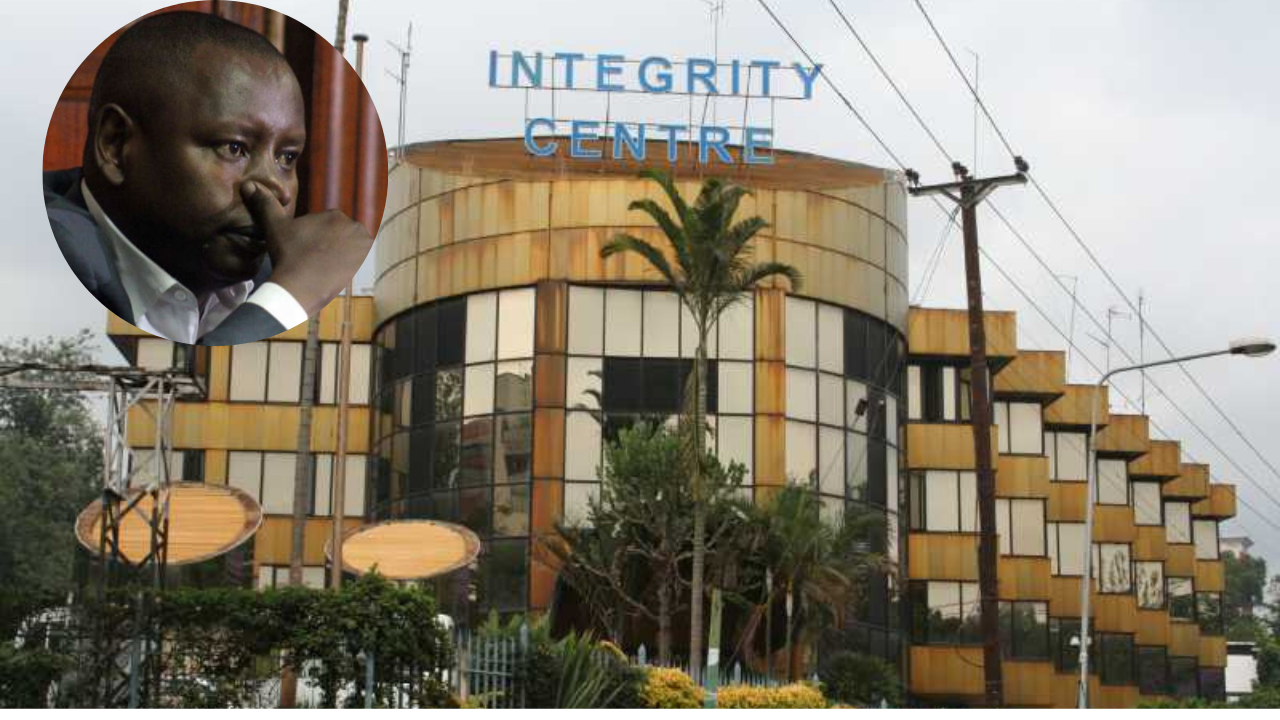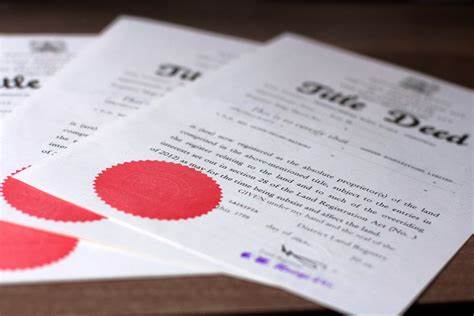Former Samburu Governor Faces Seizure of Prime Properties Worth Over Sh 80 Million in Corruption Ruling

In a significant blow to former Samburu governor Moses Kasaine Lenolkulal, an ethics and anti-corruption court has paved the way for the state to seize four of his houses valued at more than Sh 80 million. These properties were found to be proceeds of crime.
Delivered at the Milimani Law Courts on Wednesday, the judgment by Lady Justice Esther Maina also mandates the former Governor to forfeit a sum of Ksh 14.6 million, previously frozen during the Ethics and Anti-Corruption Commission's (EACC) recovery case hearing. Additionally, he must cover the costs of the suit to the EACC.
This ruling empowers the Ethics and Anti-Corruption Commission to confiscate four prime properties located in Karen, Nairobi, belonging to the former Samburu Governor. These properties were purchased with funds illegally obtained from the Samburu County Government. The High Court's order demands repayment of Kes. 80,763,715.35, failing which the former County Boss risks forfeiture of the developed properties to the State.
EACC spokesperson Eric Ngumbi confirmed that the judgment stems from a recovery suit filed by the EACC on September 10, 2019. The Commission sued the former Governor for unlawfully acquiring a sum of Kes. 80,763,715.35 through a contract he entered into with the Government of Samburu County for the supply of fuel through his company, Oryx Service Station—a business registered solely in his name.
Ngumbi revealed that during the financial years 2013/2014 to 2018/2019, Moses Kasaine Lenolkulal, while serving as Governor, unlawfully engaged in contracts with the Samburu County Government for fuel supply through Oryx Service Station. Public funds from the County Government were deposited into Oryx Service Station's bank account and then transferred or withdrawn into the Governor's personal accounts at Kenya Commercial Bank Limited.
EACC presented evidence to the court indicating that the Governor used the unlawfully acquired funds to purchase four properties in Karen, Nairobi, each valued at Kshs. 22 million, totaling Kshs. 88 million. These properties are now subject to potential seizure unless the ordered repayment is made, along with accrued interest.




